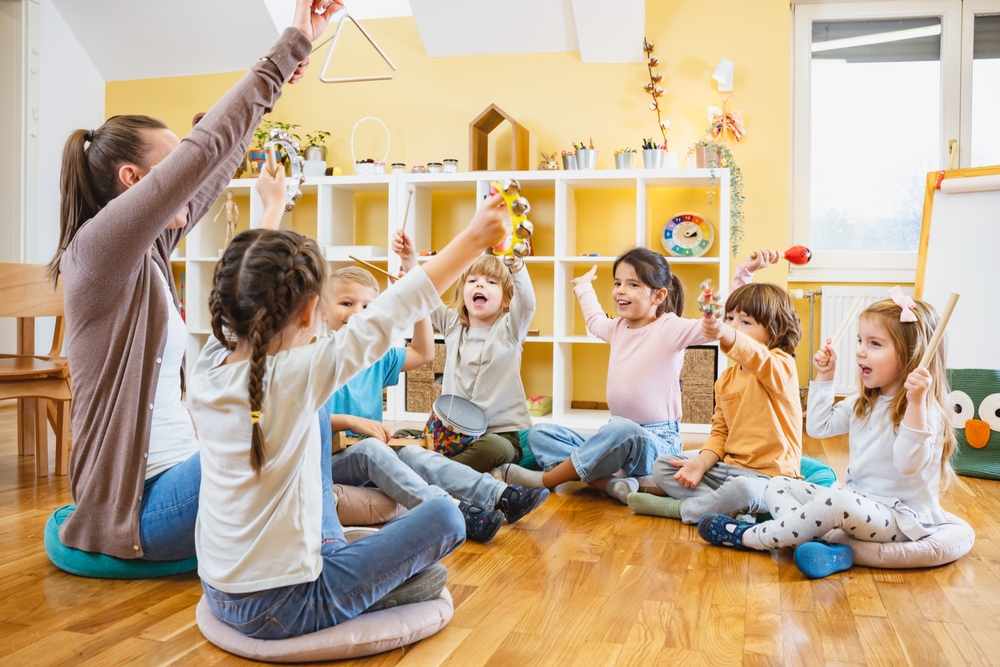
Choosing the right educational environment for your child is one of the most significant decisions you’ll make as a parent. Montessori schools have gained popularity for their unique approach to learning, standing apart from traditional education models. At Natick Children's House, we embrace the Montessori philosophy, offering an enriching environment designed to foster independence, creativity, and a lifelong love of learning.
Student-Centered vs. Teacher-Centered Learning
In a Montessori classroom, the learning process is student-centered. Children are given the freedom to choose activities that align with their interests, working at their own pace. The teacher acts as a guide, observing and assisting as needed, rather than directing every moment of the day.
In traditional schools, the teacher often follows a set curriculum with structured lesson plans, directing the entire class simultaneously. While this can be effective for some students, it may not accommodate individual learning styles.
Hands-On Learning Materials
Montessori classrooms are equipped with specially designed materials that encourage hands-on exploration and discovery. These materials are self-correcting, allowing children to learn through trial and error, fostering problem-solving skills and independence.
Traditional schools typically rely on textbooks, worksheets, and teacher-led instruction. While hands-on activities may be included, they are not always central to the learning experience.
Focus on Independence
Montessori education places a strong emphasis on developing independence. Children are encouraged to manage their own activities, care for their environment, and make decisions. This helps build self-confidence and a sense of responsibility from an early age.
In traditional schools, the focus is often on meeting external expectations, such as completing assignments or preparing for standardized tests. This can sometimes leave less room for fostering independent thinking.
Individualized Learning
Montessori education is tailored to each child’s unique needs and interests. Teachers observe each student’s progress and provide personalized guidance, ensuring that learning aligns with their developmental stage.
In contrast, traditional schools typically follow a one-size-fits-all curriculum, where all students are expected to learn the same material at the same pace.
Preparation for Real Life
Montessori classrooms emphasize practical life skills alongside academic learning. Activities like cooking, cleaning, and gardening are integrated into the curriculum, helping children develop real-world competencies.
In traditional schools, practical life skills are often taught separately, if at all, with a greater focus on academic subjects.
Ready to Give Your Child the Montessori Advantage?
Montessori education offers a holistic approach to childhood development, nurturing not only academic skills but also social, emotional, and practical abilities. At Natick Children's House, we believe in empowering children to become confident, capable, and compassionate individuals prepared to navigate an ever-changing world.
To learn more on how the Montessori approach can benefit your child, we invite you to schedule a visit to Natick Children's House. Email us at natickchouse@gmail.com to discover how our unique learning environment can inspire your child’s journey of growth and discovery.





